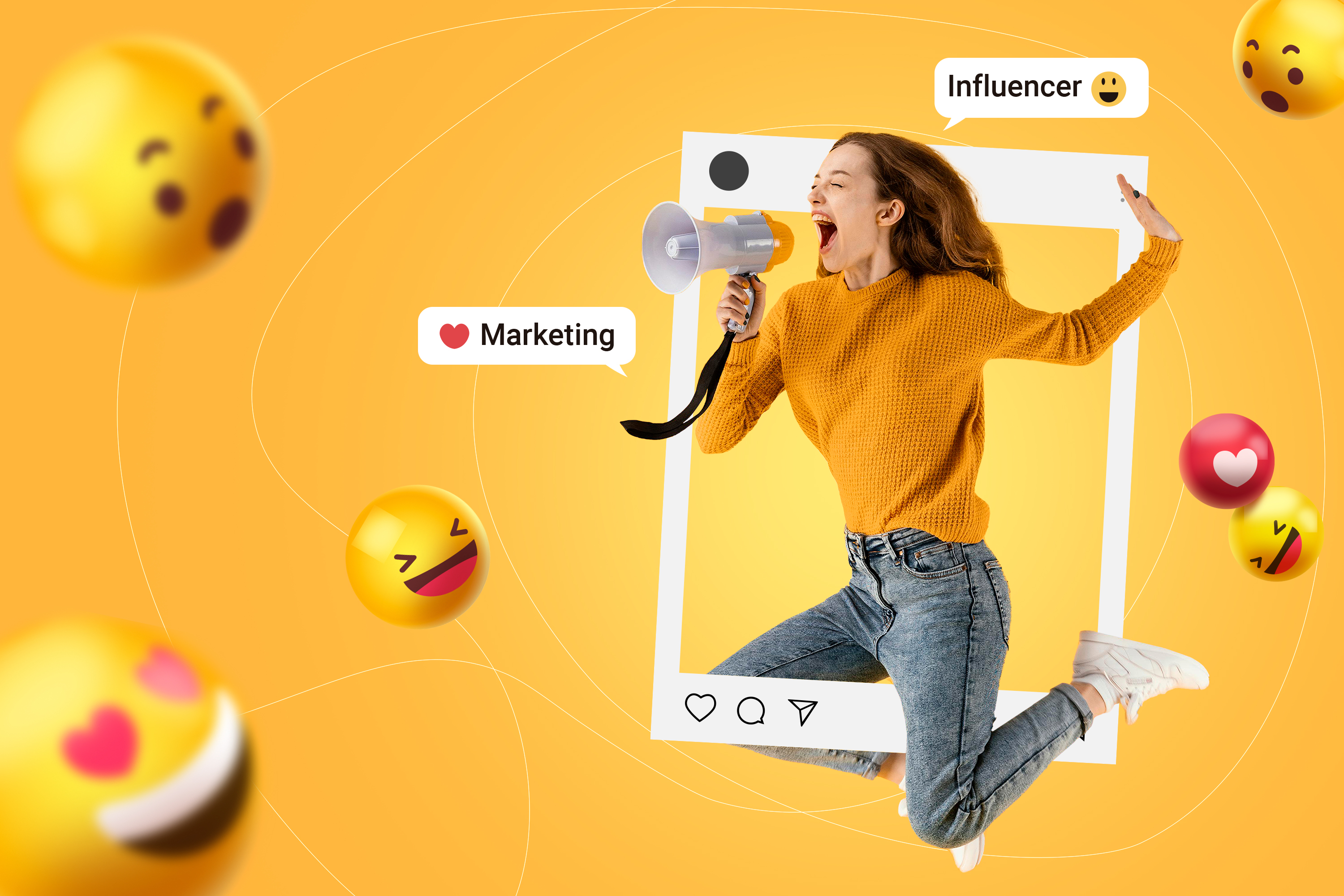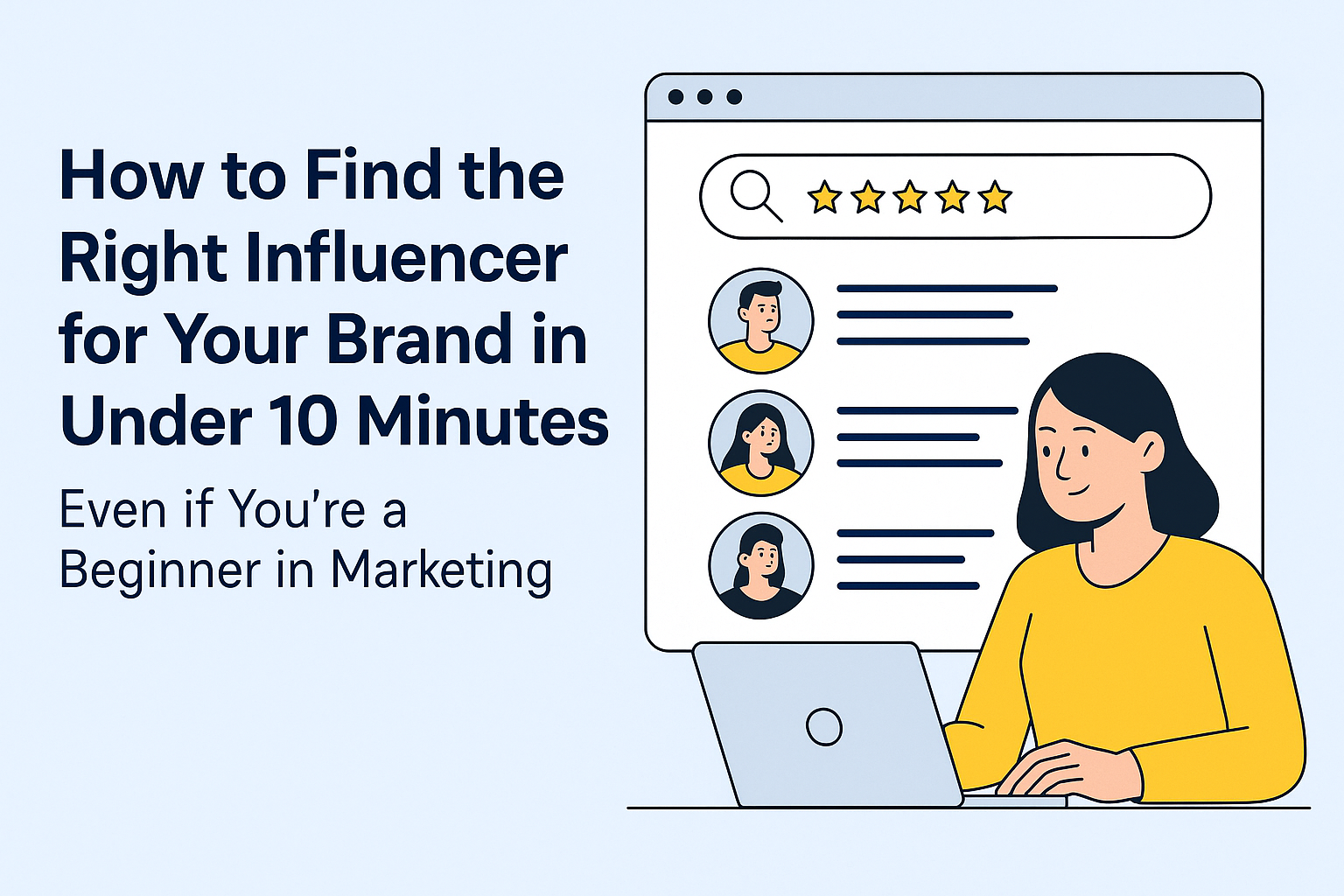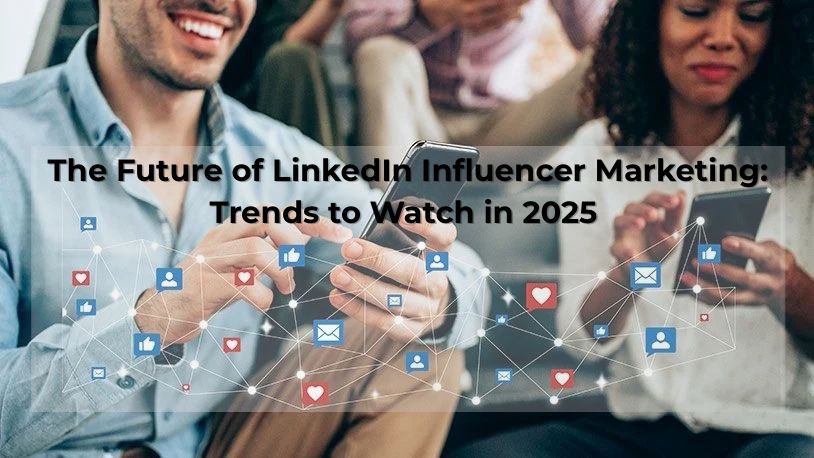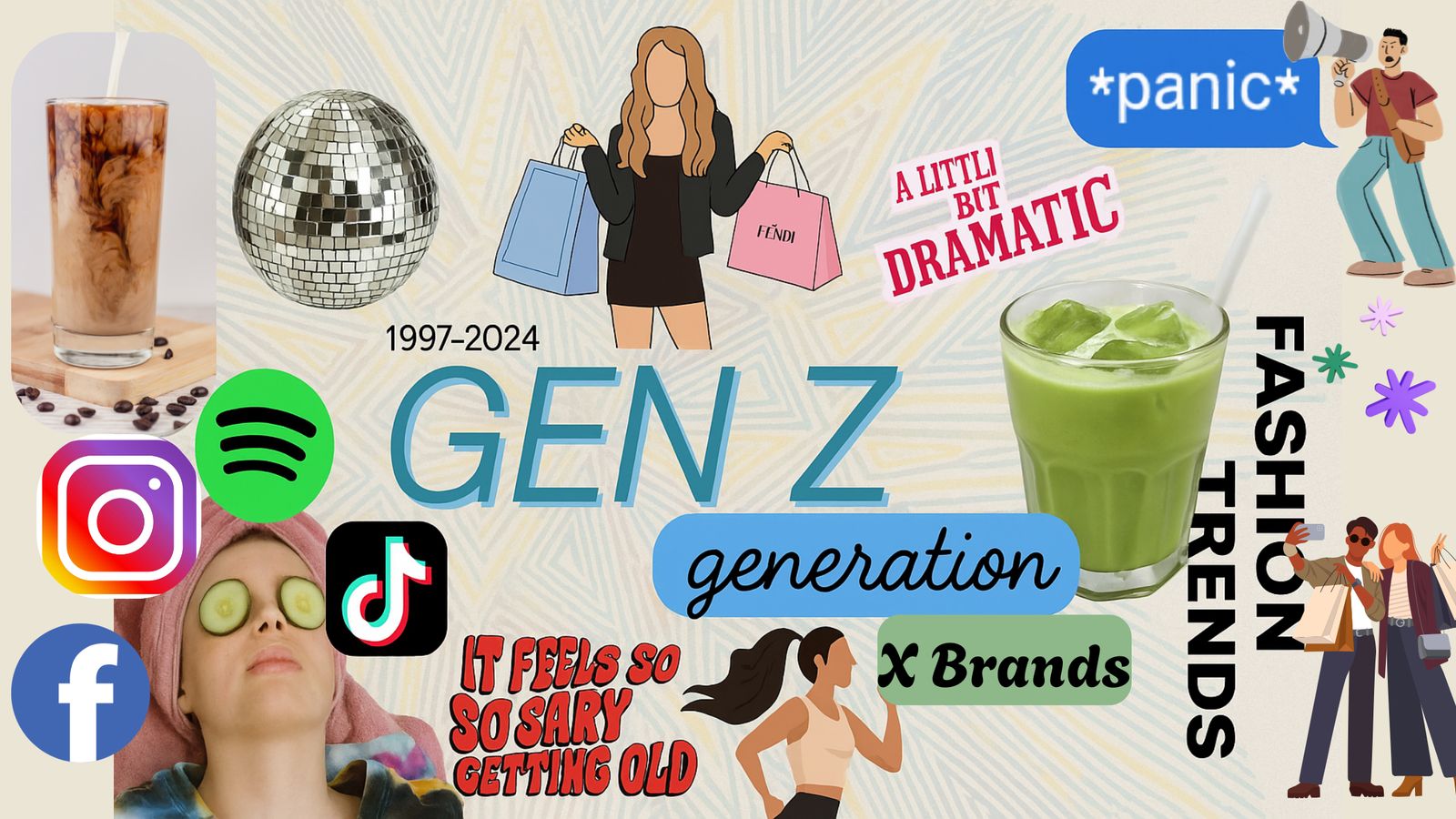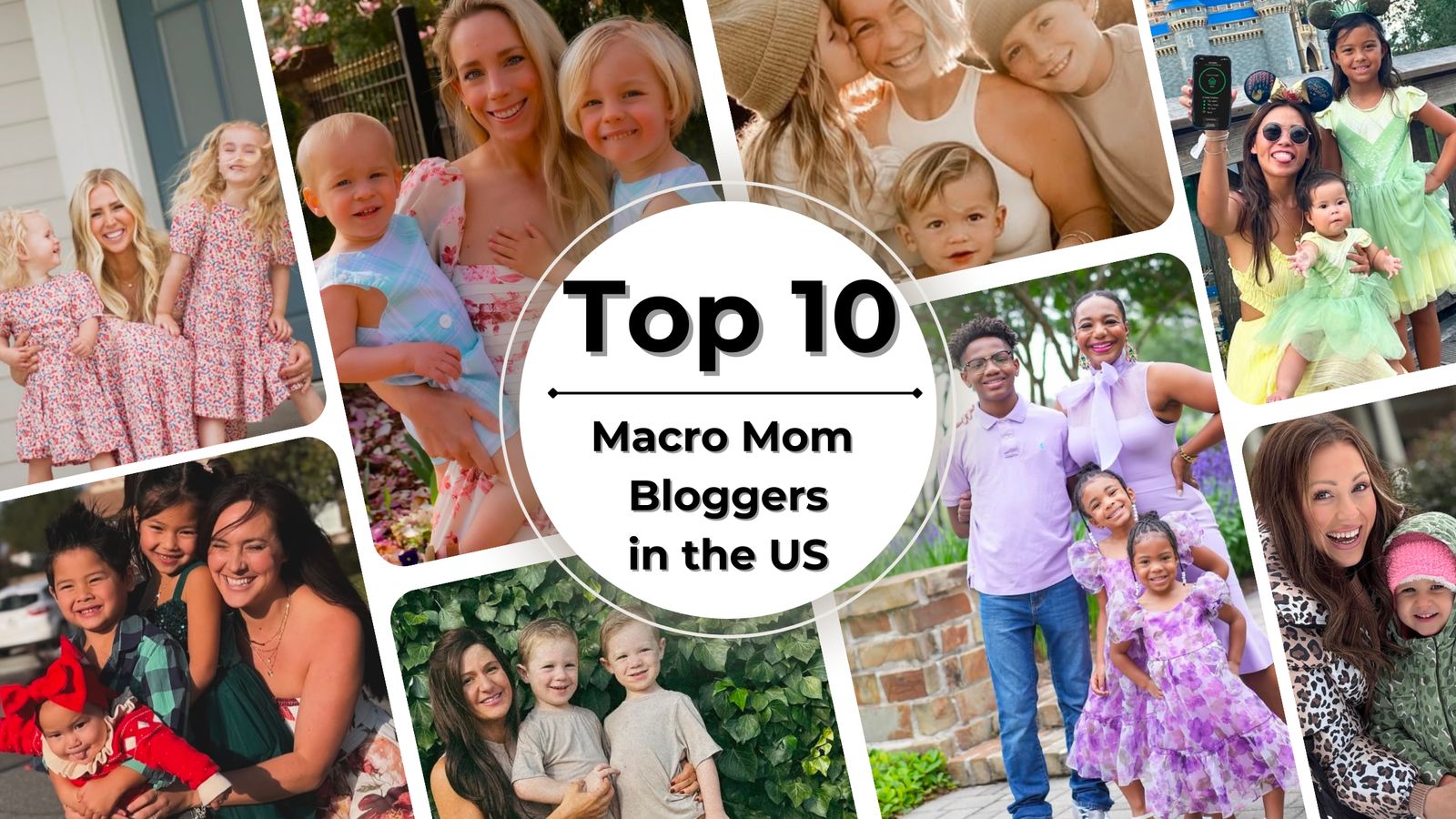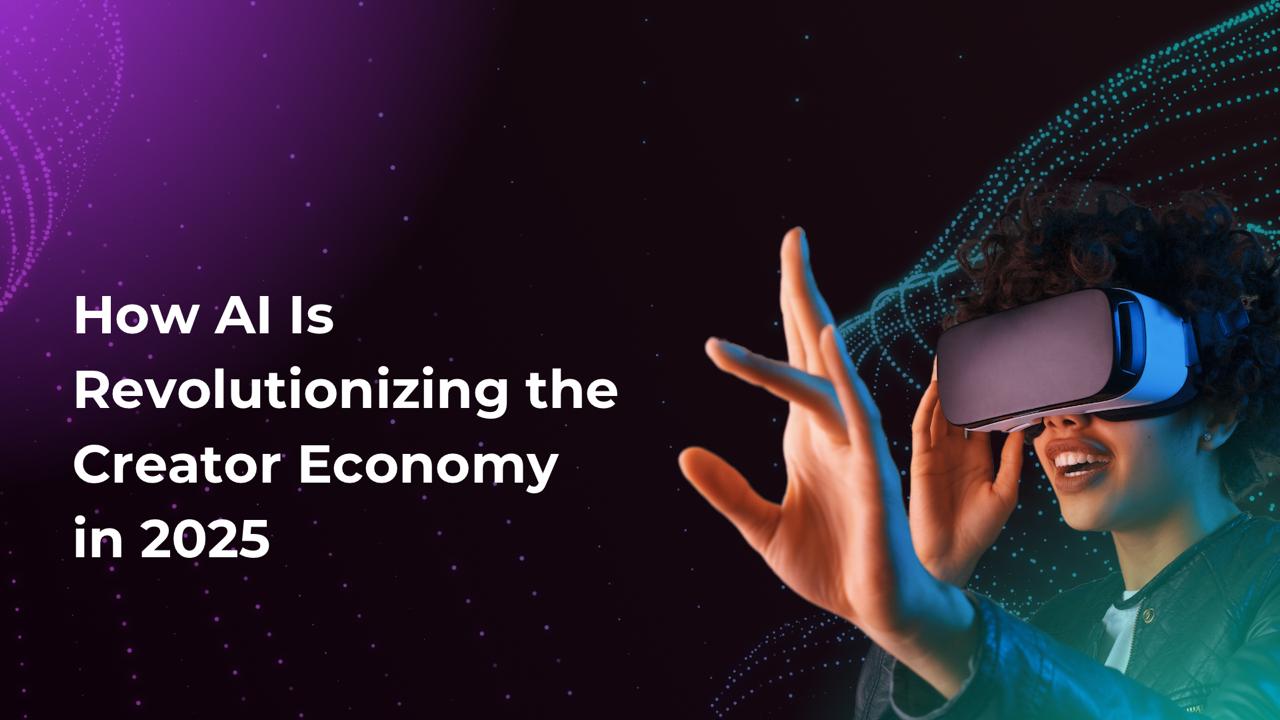In an era dominated by digital content, Influencer Marketing has emerged as a revolutionary force, reshaping the way brands connect with consumers. With the dynamic duo of Instagram and YouTube at the forefront, this blog will explore how influencers on these platforms are not just content creators but powerful catalysts shaping consumer behaviour. Additionally, we'll delve into the democratizing effect of Influencer Marketing on the advertising landscape.
Understanding Influencer Marketing:
At its essence, Influencer Marketing involves collaborating with individuals who command significant influence over a dedicated audience. These influencers, armed with relatability and authenticity, have the potential to sway consumer decisions through engaging and personalized content.
Instagram and YouTube: Shaping Consumer Behavior:

1. Instagram's Visual Appeal:
Instagram, with its visually-centric platform, has become a haven for influencers to curate and share their lifestyles. From fashion and beauty to travel and fitness, influencers on Instagram wield the power to shape trends and influence purchasing decisions. The platform's immersive visual experience enables influencers to showcase products seamlessly, making it a hotspot for brand collaborations.
2. YouTube's Long-Form Impact:
YouTube, with its long-form content format, allows influencers to delve deeper into topics, creating a more intimate connection with their audience. From product reviews to day-in-the-life vlogs, YouTube influencers provide in-depth insights that contribute significantly to consumer decision-making. Viewers often turn to YouTube for authentic and comprehensive evaluations before making purchasing choices.
The Democratization of Advertising:
Influencer Marketing has brought about a democratization of advertising, challenging the traditional advertising hierarchy. Here's how:
1. Accessibility for All:
Unlike traditional advertising methods that often require significant budgets, Influencer Marketing provides a more accessible avenue for brands of all sizes. Even small businesses can partner with influencers to reach their target audience effectively.
2. Authenticity Over Extravagance:
Influencers prioritize authenticity over polished advertisements. This shift resonates with consumers who crave genuine connections with brands. By leveraging influencers, brands can humanize their image and build trust organically.
3. Community-Driven Impact:
Influencers create communities around shared interests, values, and lifestyles. Brands can tap into these existing communities, fostering a sense of belonging and trust. This community-driven approach stands in stark contrast to traditional advertising's one-size-fits-all approach.
Conclusion:
Influencer Marketing, especially on Instagram and YouTube, has become a transformative force in the advertising realm. The influence wielded by content creators on these platforms goes beyond aesthetics; it shapes consumer behavior, propelling brands to new heights. As we witness the democratization of advertising through Influencer Marketing, it's clear that the power to influence is no longer confined to the hands of a few; it's a democratic revolution shaping the future of brand-consumer relationships.


